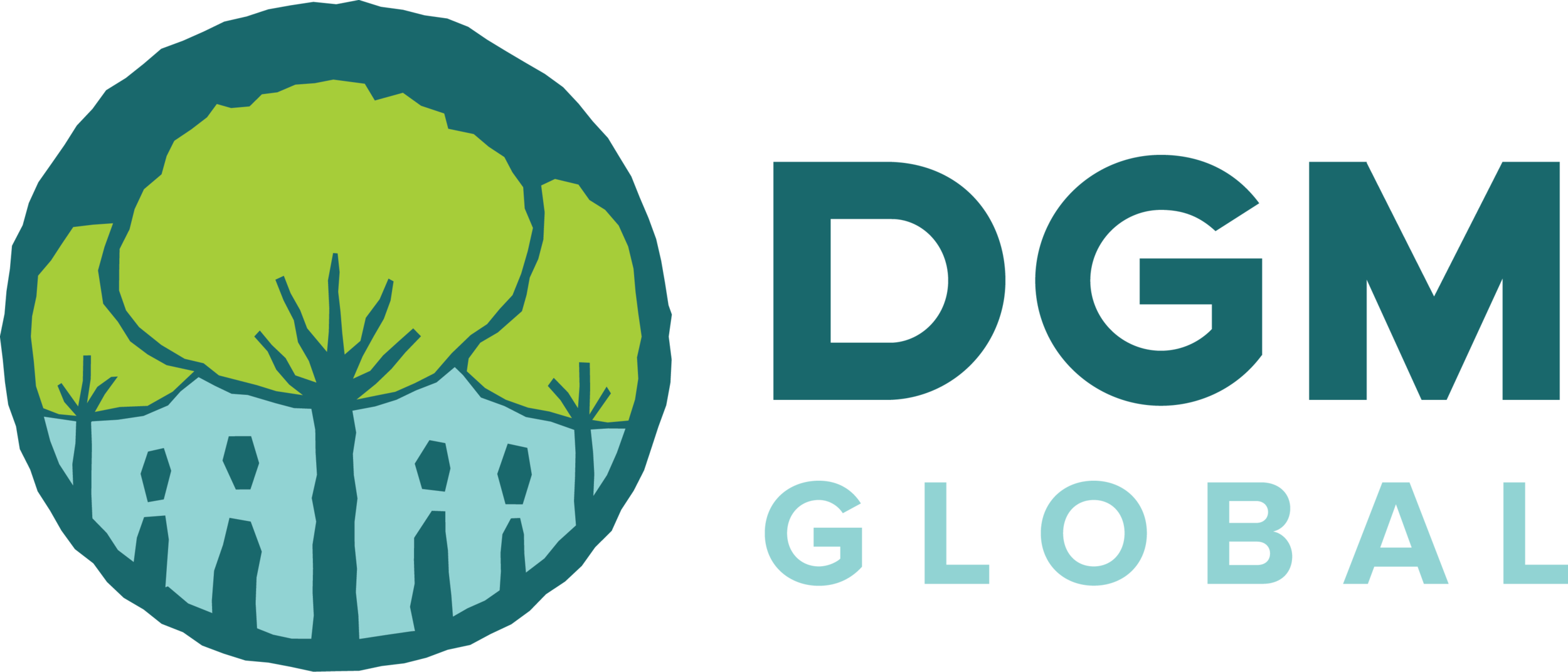Three Ways to Maximize Benefits from Natural Resources for Local Communities
DGM Global cannot guarantee the accuracy of Google translations. In case of discrepancies, the original language takes precedence.
Editor's note: This is the second in a series of three DGM Global Blogs highlighting our work as the Global Executing Agency of the Dedicated Grant Mechanism for Indigenous Peoples and Local Communities (DGM) and encouraging understanding about the critical role indigenous peoples and local communities play in ensuring ecosystems are managed sustainably.
Contributed by: Celine Lim, Natural Resources Management Specialist at the World Bank. We express our deepest regrets to the victims of Cyclone Idai. We are committed to supporting recovery and rehabilitation efforts in the Sofala Province.
In Mozambique, the majority of people live in rural areas and their livelihood relies heavily on the country’s substantial natural capital. Forests, wildlife and agriculture contribute significantly to the income and food supply of rural communities. Ensuring the sustainability and resilience of the natural resource base while ensuring communities benefit from those resources is critical for rural development. To accomplish this goal, the Mozambique Dedicated Grant Mechanism for Local Communities project (MozDGM) is employing a value chain development approach.
In an effort to ensure maximum community benefit, the Dedicated Grant Mechanism’s Africa Regional Exchange was held in February of 2019 to increase dialogue around this topic amongst partners and stakeholders.
As the regional exchange drew to a close just beyond the Gorongosa National Park, the air thick with a humidity typical of Mozambique’s rainy season, friendships – some newly formed, some strengthened – were evident as participants shared hearty laughs, traversing language barriers, lapping up the last moments of the week together.
Community leaders from six countries traveled across rural Mozambique the week prior, making multiple stops and visiting community value chain initiatives that spoke to the richness of Mozambican soil – timber, coffee, cashew and honey – and the people who till it. In the spirit of exchange, participants shared advice from their home countries for their Mozambican counterparts. Along the way, conversations revolved around one main question: How can communities derive the maximum benefit from their natural resources?
Here are three strategies that emerged during the week:
1. Partnerships with the private sector
Engaging the private sector is a key, yet often lacking, element in rural community enterprises. While communities are best positioned to make decisions about capturing the cultural and social values from their resources, viable enterprises require actors with business acumen who can facilitate strong linkages to the market and provide consistent technical assistance. Community-private sector partnerships bring these key elements together.
Community-based natural resource management initiatives in the World Bank’s Integrated Landscape Management Portfolio in Mozambique have such partnerships at their core. From the nature-based tourism venture in the Maputo Special Reserve to the community forest concession in Anawape, there is evidence that strong private sector partnerships, with clearly defined and agreed upon rights and responsibilities, are needed for successful community enterprises.
2. Effective benefit sharing
In Mozambican law, communities are entitled to receive 20% of the royalties derived from natural resources exploration that occurs in their area, such as from private forest concessions or tourism operations in national parks. Local Natural Resources Management Committees are charged with managing and sharing these funds based on the community’s inputs. This is but one example of when effective benefit sharing is essential.
Benefits in the hands of a well-organized community with clear sharing arrangements can multiply, ensuring they are channeled towards collective priorities. Inclusive participation of members in decision-making and the right mechanisms for managing funds are key.
In the Maputo Special Reserve, the exclusive Anvil Bay lodge has a partnership with the local communities in the area, hiring majority of staff locally and putting them through high-quality hospitality training. Three communities are now set to receive $1M meticais (over USD$15,000) from the lodge’s operations, and each community is jointly developing a benefit sharing plan for how the money will be used. The World Bank is supporting the capacity building needed for the community to be able to design and implement effective arrangements.
3. Capacity building under three key pillars
The strategies listed above will succeed only with strong capacity building efforts. For rural communities where illiteracy rates are often high, capacity building is a long-term process. First and foremost, community governance needs to be strengthened to foster collective action and ensure accountability, participation, gender equity, and fair benefit sharing.
Skills for local enterprise development, such as entrepreneurship and financial management, are also critical for any value chain enterprise to function. Finally, communities need technical knowledge on natural resources management to maintain and regenerate the resource base over the long-term.
Systematizing capacity building models for community initiatives across Mozambique is one of the goals of the National Community-Based Natural Resources Management Program. A working group of experts are refining guides for capacity building and developing a training-of-trainers scheme to expand the network of support for local communities.
MozDGM is collaborating closely with the Program on these goals to advance scalable, sustainable community-based initiatives in Mozambique, with the ultimate goals of boosting local livelihoods and alleviating poverty. Through the MozDGM approach, communities are empowered to manage their resources and transform them into revenue flows while regenerating the forests, fisheries and wildlife that sustain them.
If the friendships forged and strengthened during the Africa Regional Exchange is any indication of support, the close-knit network of MozDGM partners will surely be ready and available to assist communities every step of the way.





